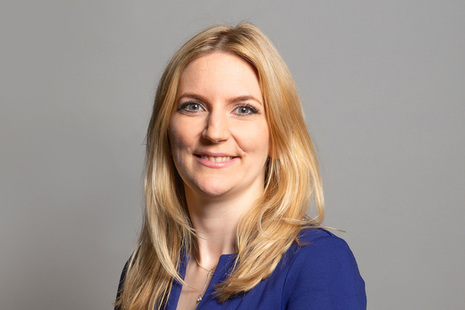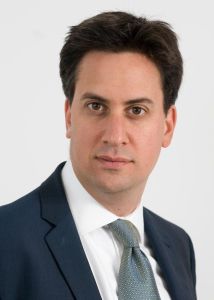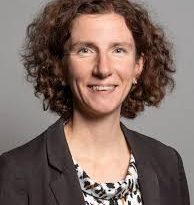Julia Lopez – 2022 Statement on BBC Local Radio Proposed Reduction in Provision
The statement made by Julia Lopez, the Minister of State at the Department for Digital, Culture, Media and Sport, in the House of Commons on 1 November 2022.
I thank the hon. Lady for highlighting this news announcement that we learned about yesterday, as it gives the House an opportunity to demonstrate the value we all place on BBC local radio services.
We are currently celebrating 100 years of BBC radio. With its unique position in the radio market, the BBC has continued to develop and deliver high-quality and engaging audio services to the country and internationally over the years. BBC local radio is one of the BBC’s crown jewels. Developed in the late 1960s and 1970s, the BBC’s 39 local radio services in England still reach 5.7 million listeners each and every week. As hon. Members know, BBC local radio is highly valued outside London, where stations in Derby, Stoke, Humberside, Cornwall, Devon and elsewhere have higher reach or share numbers than the average.
Changes in patterns of listening mean that the BBC needs to look at its services, and the details about new investment in local investigative reporting are very welcome. But overall we do have concerns about the proposals, which we were not given notice of. I want to take this opportunity to stress that the BBC is rightly operationally and editorially independent from the Government, and that decisions on service delivery are ultimately a matter for it. However, the Government are disappointed that the BBC is reportedly planning to make such extensive cuts to its local radio output. We await to hear more from the BBC about how it expects those changes to impact local communities, including in respect of the provision of local news and media plurality.
At its best, as was particularly shown during the pandemic, BBC local radio is able to bring communities together and it plays a vital role in reflecting local experiences and delivering local news. For older residents living in rural areas, it can be a particular lifeline. The BBC must make sure it continues to provide distinctive and genuinely local radio services, with content that reflects and represents people and communities from all corners of the UK.
We recognise that in the current political context the BBC, like other organisations, is facing difficult financial decisions, but we are also concerned that the BBC is making such far-reaching decisions, particularly about its local news provision, without setting out further detail on how it will impact its audiences and the communities it serves. In the context of a £3.8 billion licence fee income, we do not have any details about how much this proposal is likely to save. The BBC board must make sure that the BBC complies with its charter duties. The Government are clear that Ofcom, as the BBC regulator, must make sure that the BBC is robustly held to account in delivering its mission and public purposes.
We note that as part of this announcement the BBC is also proposing establishing 11 investigative reporting teams across England. That will see the creation of 71 new journalism roles, delivering original stories across TV, radio and online services. As the House will be aware, we are currently undertaking a mid-term charter review, which we have set out and which will evaluate how the BBC and Ofcom assess the market impact and the public value of the BBC in an evolving marketplace and how that relates to the wider UK media ecology, including with regard to commercial radio and local news sectors. Handily, I am scheduled to meet the BBC next week, when I shall see the chairman and director general, and I shall raise with them the concerns that are brought to the Chamber today. We also expect the BBC to brief parliamentarians on its announcements shortly.



